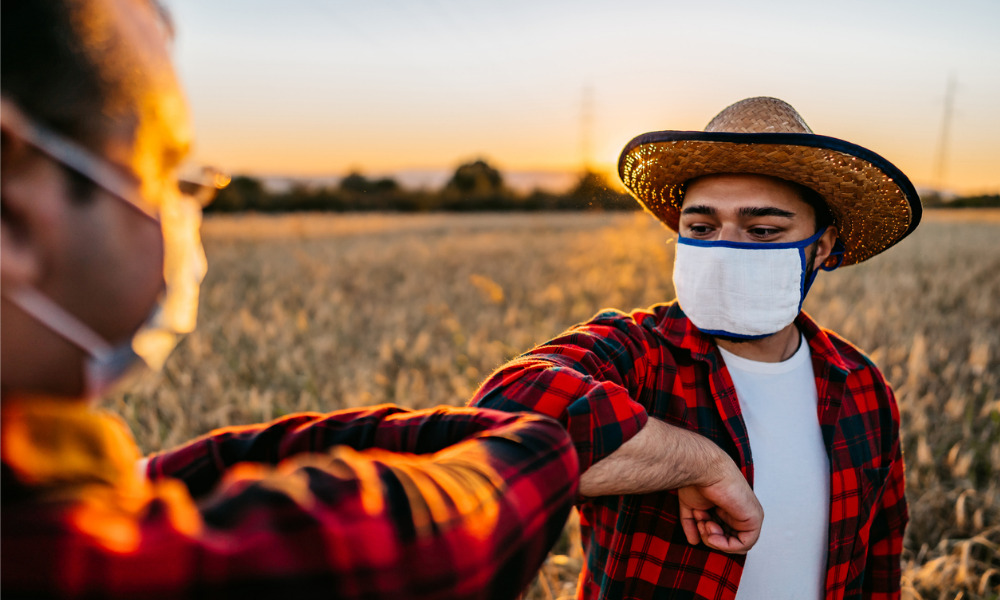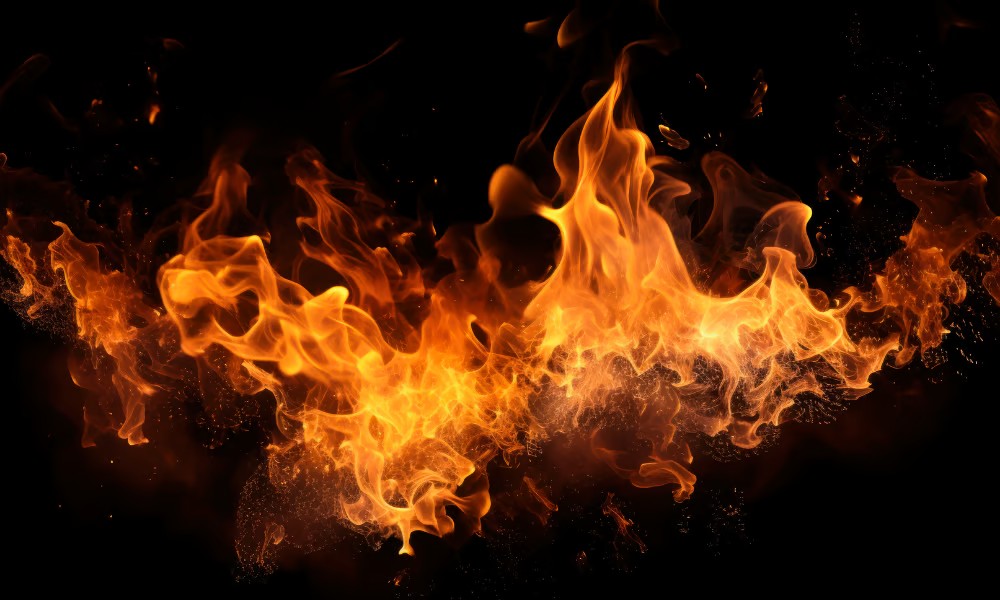“I don't need gratitude for what I do [but] I don't need to be attacked every day either with erroneous charges”

At least five migrants have died due to COVID-19 since March last year.
In May 2021, the Migrant Workers Alliance for Change (MWAC) said that four of the workers died while in quarantine, which the federal government in responsible for.
“It is clear that the conditions in quarantine are not dignified or safe. It should be the responsibility of the federal government to ensure workers are healthy and safe while in quarantine,” said MWAC in a statement at the time.
And while advocacy groups point to the federal and provincial governments as responsible, some farmers feel as if they are bearing the brunt of the blame.
“We’re not responsible for COVID – I mean, we have to deal will the COVID problem […] but I can tell you that agriculture was not the source of it,” says Ken Forth, farmer and president of Foreign Agricultural Resource Management Services, the non-profit organization that administers the Seasonal Agricultural Workers Program.
SAWP
Many of Canada’s farmworkers come to the country through the Seasonal Agricultural Worker Program (SAWP).
It began as a program in 1966 between Canada and Jamaica, but has since expanded to include Mexico and other Caribbean nations. Many of those taking part work in Ontario – according to the aforementioned MWAC report, migrant workers accounted for 41.6 per cent of all agricultural workers in Ontario in 2017.
Forth points out that workers in many other industries are vulnerable to COVID-19, and says that this is not something that is endemic to the farming sector but a problem across all Canadian workplaces.
He decries a disconnect between the realities of agriculture and public perception:
“It just makes you sad. I don't need gratitude for what I do [but] I don't need to be attacked every day either with erroneous charges,” says Forth.
It is clear that this is a complex issue, and pointing fingers may not be doing much to help.
And while most farmers are doing the best they can – notably because they actually need healthy workers to be able to work – more needs to be done to ensure optimal health and safety of migrant workers, and indeed all agricultural workers.
In a report released in June 2020, Karen Cocq, MWAC campaigns coordinator and report co-author stated:
“Most of the workers we spoke to knew they would fall sick because of their living and working conditions but could not speak up because doing so means termination, homelessness, loss of income, deportation and not being able to come back in the future.”
Challenges
Aside from the issue of temporary foreign workers, COVID has broadly been a huge challenge for farmers.
“It’s scary because your business could be out of business very quickly if your people contract the disease. If you’re in an office setting, you just shut it down. If you’re in a factory setting you just shut it down.
Unfortunately our plants don’t know that we’ve shut it down, they keep growing. Cattle keep wanting to be milked, pigs need to be fed and chicken need to be tended to,” says Forth.
He says that though many farmers he knows are doing the best they can, agricultural work is different and social distancing may not be possible:
“It doesn’t work – you can’t harvest crops that way, you can’t pack them that way. But we try to put protocols in place where we try to be resilient on it and try to give as much distancing [as possible]. I think most farmers have done that,” says Forth.
Forth also mentions that there has been somewhat of a struggle to get certain farmworkers vaccinated due to misinformation shared on social media.
He isn’t particularly optimistic about the outlook.
“I think [COVID] is going to be here for some time. I think it’s going to be a challenge, I think there’s going to be a time when it’s going to affect the food supply,” says Forth.
Though he says that may be less of an issue a Canada and more an issue in developing countries.
Outside of COVID-19, Forth cites the recent wildfires in British Columbia as another concern:
“It’s causing grief – I know that my friends in British Columbia are going through real problems with the fire out there, the hot temperatures and the loss of crops – and what the smoke does to some of those crops. This stuff is not infinite, it’s finite, and we’re going to see how finite it is.”





